* Grieves in Pagan *
My Dad died.
I feel like I need to say that, over and over again, because even six weeks on it doesn’t feel real. I’ve been observing my transition, cyclical in nature, through the seven stages of grieving and I’m pretty sure I’m not in denial – I know he’s gone. It just doesn’t make a lot of sense to me.
So I repeat it like a mantra.
My Dad died.
Like the words might somehow arrange themselves into some semblance of logic. They don’t. But of the many things I inherited from my father, foremost is my work ethic. Tony did not raise a quitter.
I’ve lucid dreamed him twice in the last month – both times, sitting in the house I grew up in, he was young and I realised I was sleeping and he was dead. We spoke – about life. About regrets. About the difference between the human and the soul.
These are not conversations I could have had with him while he was alive.
I grew up being taught to be distrustful of ritual and ceremony – which makes sense. My parents generation only knew these as weaponised tools of oppression and shame used as control mechanisms by the Catholic Church.
Some of it, too, is the uniquely working class Australian fear of taking anything too seriously. The last thing you want to be in a Brisbane housing commission estate is pretentious.
Dad didn’t want a funeral and had spent years telling us so. But I’d been in town a month beforehand and he and I had a conversation we’d had a few times – where I told him it didn’t really matter what he wanted because he’d be dead, and we would need it. I know my siblings had similar conversations with him, and while he’d often rolled his eyes in the past, this time he seemed to relent.
When Mum and I were discussing the funeral, she mentioned that we’d need to find a celebrant and I didn’t even pause before I said that I wanted to do it.
I’ve worked as a speaker for 15 years. Not as a corporate speaker – but as someone who puts on her own events, fills them, and then speaks. It’s an important distinction, because when you’re responsible for all of it, you do a lot of events you don’t feel emotionally prepared for. In 2010, I was getting on a plane to Perth to present three events for around 100 people when Mum called me to tell me Grandpa had passed. I couldn’t not run those events.
In 2019, my Godmother Vicki passed away on a Sunday – right as I was about to start a five day event for my high level clients who had all flown in from interstate. So I spent Sunday in bed, spent five days on stage and then flew to the Gold Coast for her funeral.
This was my Dad, so I knew it was going to be different, but I also felt like I’d spent 15 years training for it.
Writing the ceremony, and especially the eulogy, was hard, but it was deeply healing for me. I think it was what shifted me out of the denial phase of grieving.
I work with a lot of Goddesses. First and foremost, though, I consider myself a High Priestess of Isis. I’ve told the story elsewhere of her literally slapping me upside the head on her sacred island of Philae in 2011. It worked, eventually. She got my attention.
On the morning of the funeral, I was exhausted. I’d worked at both Mindbodyspirit festival (a four day / 10 hour a day event where I psychically read most of the time) and then later that same week, at Witch School. I had to deal with a bunch of staff drama directly after that event, so I hadn’t had a day off when I flew to the Gold Coast to watch my father die. By the time we got to the funeral, I was wrung out: physically, emotionally, spiritually.
I am clairaudient. I also forget all the time that I am clairaudient. A few days before mum called to tell me dad was in the ICU, I’d had two songs stuck in my head and had completely blanked on them being prophetic.
Cat Stevens, “Very Young”:
Oh very young what will you leave us this time?
You’re only dancing on this Earth for a short while
And Taylor Swift’s “So Long London”:
How much sad did you,
Think I had,
Did you think I had in me?
How much tragedy?
I am an unabashed Swifty (funnily enough, it was my too-cool-for-school Dad who only ever listened to TripleJ and who thought everything pop was terrible, who played me Folklore, the album that moved me from “I like some of her music” to full blown Swifty) – and so, as I was getting ready for the funeral, I had “I can do it with a broken heart” on repeat, alternating with “Hymn to Her” by the Pretenders and Spiral Dance’s “Burning Times”.
I noticed, at first, that I was rushing around getting ready and so I stopped for a moment and took a deep breath. I centred myself. I stepped into the space of deliberate moment and movement that I always embody before I lead a ritual. Something I learned when I first started facilitating rituals was that your preparation time is just as sacred as every other part of the ritual. Dressing, putting on makeup, doing your hair – all of this is, in its sway, a part of the ritual you’re conducting.
When we entered the funeral home, something happened. When I saw the coffin. When I looked into his face on the screen in the photo we took for work, years ago. When I walked to the podium.
It is not the first time Isis has taken the wheel.
It wasn’t full possession – I needed to be there, too, to be conscious of what was happening – but I know when she steps in. Her wings sprout from my shoulder blades. The calm that settles over me is deeply familiar – the calmness of a baby being held in unconditional love, soothed by its mother.
Which is not to say my presentation was altogether “professional” – I wasn’t aiming for that. Getting through officiating your dad’s funeral without crying would be weird, even for me.
I understand, academically, why Dad hated ritual. But like so many things in the world where we’ve thrown the baby out with the bath water, I think he was wrong. He didn’t hate ritual – he hated organised religion. He hated oppression and shame.
Ritual doesn’t have to be that.
When I first took over High Priestess, when it was a subscription box business, one of the early books I wrote dove into debunking this idea that ritual is supposed to be solemn. I loved getting photos and videos that month of women smiling and laughing while performing ceremony.
My Dad’s funeral was funny – I made sure of it. He had a dark sense of humour, which we all inherited. A serious event would not have reflected or honoured him.
Ritual speaks to us on a deep, psychological level. Maybe it’s the way our brains are designed. Maybe it’s tens of thousands of years of ancestral memory. Maybe it’s all of those things and a lot more.
I always understood that funerals were for the living, but one of the things I learned in July was that a crucial part of that is that it gives you a process to follow: a set of rules to follow, something to do, to stay busy with, in the immediate aftermath.
Because that’s what ritual really is – it’s a code, handed down over millennia, that teaches us how to deal with the Big Stuff. Death, birth and everything in between. It gives us a template – it shows us where to put our, often overwhelming, emotions. It gives us a well-trodden path to walk and a sense of certainty in a moment where our world has turned upside down.
Ritual can’t “fix” our grief, it can’t (and shouldn’t) stop us from feeling.
My Dad died.
Nothing is going to make that better.
But ritual can remind us that we are connected to something greater than ourselves—that our emotions and experiences, while deeply personal, resonate with the countless lives that came before us. In this connection, we may find a small but powerful comfort, a reassurance that we will endure, that we will be okay, and that life will continue—just as it has for those who came before us and for those who will come after us.







